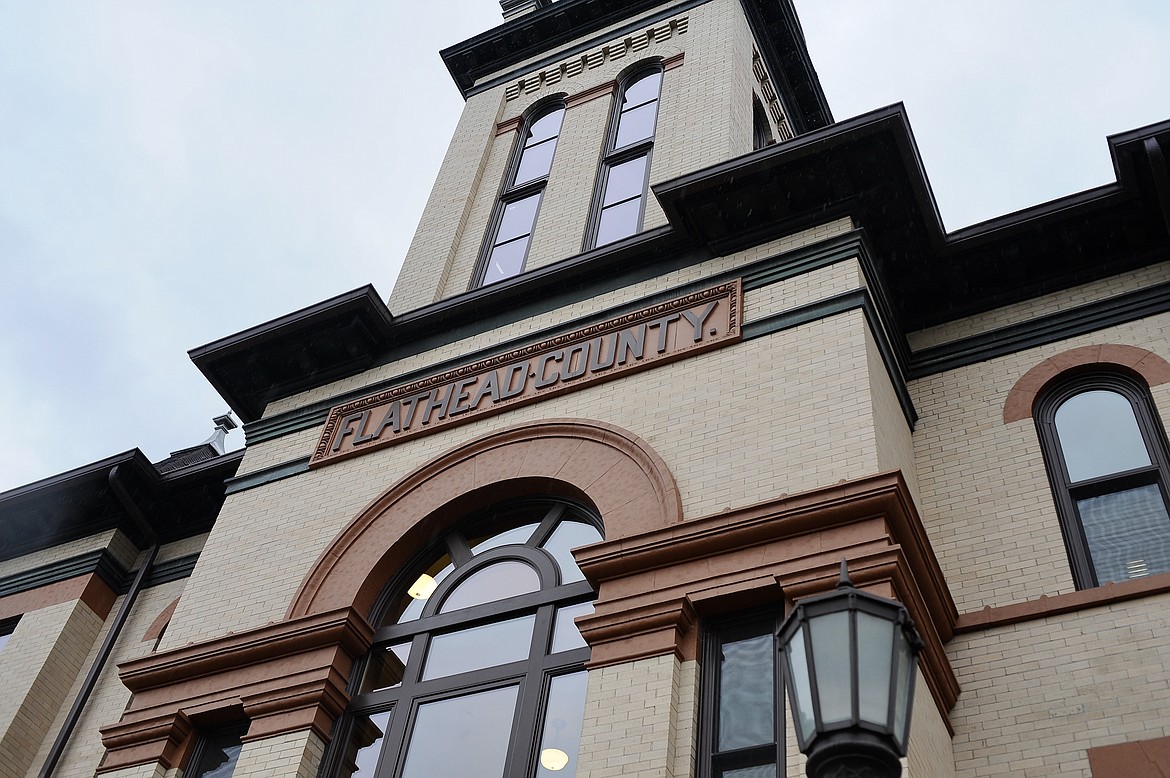Commission tables septic facilities for further review
The Flathead County Commission hit pause Tuesday on a proposed contract to plan for and design a regional septic waste plant and biosolids composting facility.
With an unanimous vote, the commission decided to table the contract for an unspecified amount of time to further review the proposed nearly $700,000 agreement...
Support Local News
You have read all of your free articles this month. Select a plan below to start your subscription today.
Already a subscriber? Login
Daily Inter Lake - everything
Print delivery, e-edition and unlimited website access
- $26.24 per month
Daily Inter Lake - unlimited website access
- $9.95 per month

